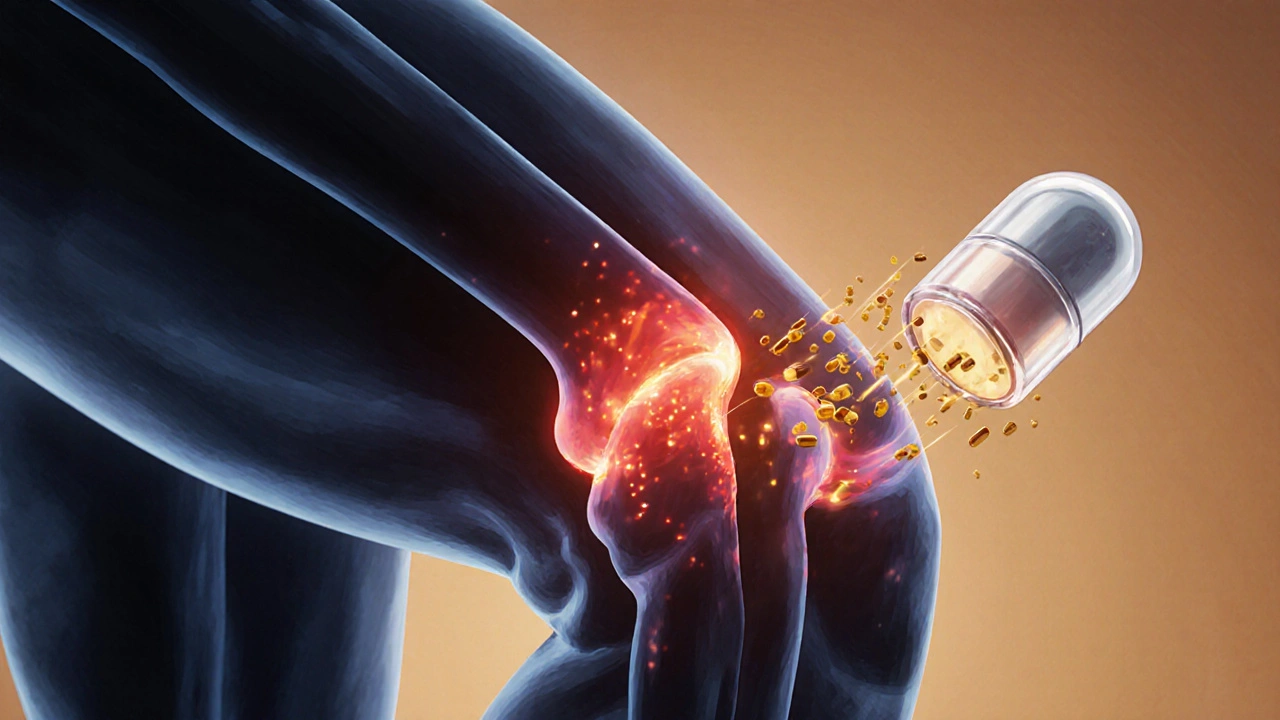Inflammation: Causes, Relief, and Everyday Tips That Actually Work
Most people think of inflammation as just redness or swelling after an injury, but it’s way more than that. Inflammation is your body’s built-in alarm system. It jumps in to fight infection or heal damage, but if it sticks around too long or pops up for no good reason, it can mess things up painfully fast. Think sore joints, stubborn rashes, and even unexpected fatigue on tough days.
Common culprits behind inflammation? Infections, allergies, ongoing health problems like arthritis, and even stress. When talking about skin, stuff like sunburn, rosacea, and eczema often top the list. Anyone who deals with sensitive or redness-prone skin knows the drill—your face flares up after one wrong sunscreen or a day out in the heat. And for some folks, chronic inflammatory diseases like lupus ramp up the challenges, affecting skin and joints all at once.
Fighting inflammation isn’t just about grabbing over-the-counter creams or taking pain relievers. Simple steps make the biggest difference. Cooling mineral sunscreens calm triggers before they start, and certain after-sun products offer relief for rosacea or eczema flare-ups. Doctors often suggest using fragrance-free moisturizers and choosing gentle cleansers—no harsh ingredients allowed. It turns out, loading up on short ingredient lists is one of the kindest things you can do for your skin.
On the flip side, some supplements and prescription drugs help with inflammation throughout the body. Medicines like clobetasol (found in Temovate), antibiotics like Cepmox and Cefadroxil, and even heart drugs like Meldonium sometimes show up in the 'inflammation conversation', depending on what’s causing your symptoms. But here’s the catch: it’s easy to get lost or waste money on trendy products or risky online pharmacies. Sticking to verified suppliers and talking to real pharmacists counts just as much as any cream or pill.
Wonder if your diet plays a role? For real, what you eat can stoke the flames or keep them down. Foods packed with sugar, simple carbs, or unhealthy fats spark more trouble. Swap these for real veggies, lean meats, fish, nuts, and lots of water—your body will thank you. Some folks swear by anti-inflammatory diets, and there’s growing science backing up that approach for chronic problems.
The most practical advice? Know your triggers. Pay attention to what sets off your inflammation—whether it’s skincare products, allergens, stress, or food. Write things down if needed. And don’t just chase symptoms; look for root causes (with your doctor’s help if things never settle down).
Check out practical guides on medications, skin care routines, and trusted online pharmacy reviews here on PharmaInsight. Turn confusion into confidence, starting with real, no-nonsense info about inflammation and what you can actually do about it.
The Science Behind Etodolac: How It Reduces Inflammation and Relieves Pain
Etodolac is an NSAID that reduces inflammation and pain by selectively blocking COX-2 enzymes. Learn how it works, its benefits over other painkillers, side effects, and who should use it.
Read morePsoriasis and Inflammation: Taming the Flare-Up Beast
Psoriasis, a chronic skin condition, is deeply linked to inflammation within the body. Understanding how inflammation triggers psoriasis symptoms can empower individuals to reduce its impact on their lives. Through adopting healthier lifestyle choices and targeting inflammation through diet and stress management, it's possible to manage psoriasis more effectively. This article provides insights into the connection between psoriasis and inflammation and discusses practical tips for reducing their combined impact.
Read more

